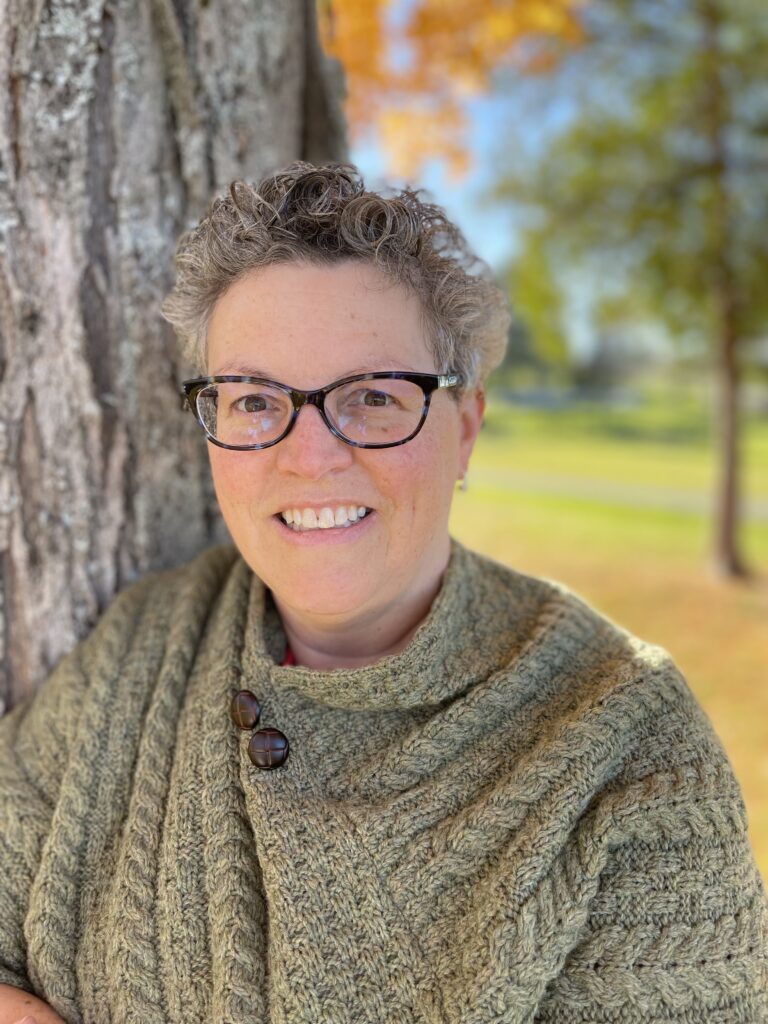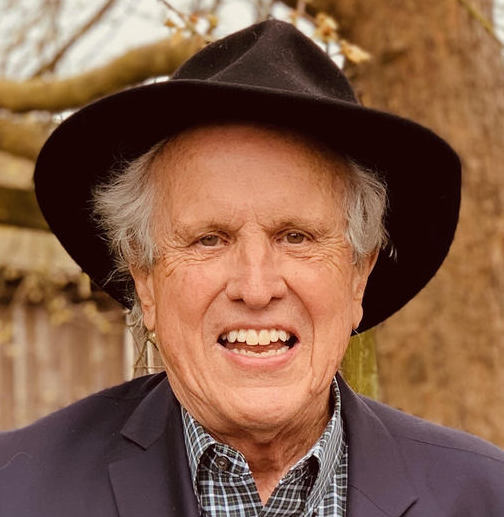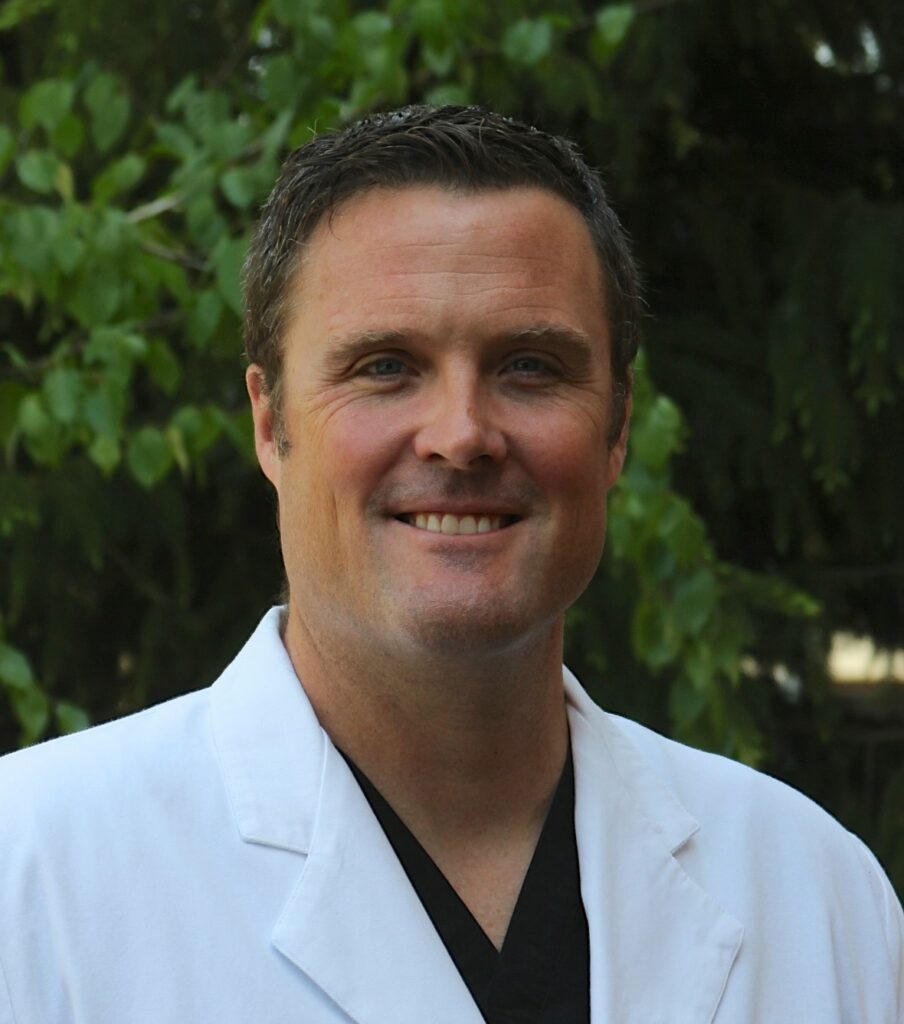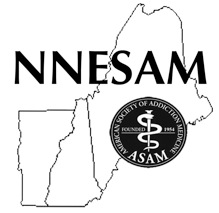
Non Substance or Behavioral Addictions in the DSM-5 and ICD-11: Clinical and Practical Considerations
Marc Potenza MD, PhD, Board Certified in Psychiatry and Addiction Medicine, Professor of Psychiatry and Neuroscience at Yale School of Medicine; Director of the Division on Addictions Research, Center of Excellence in Gambling Research, Women and Addictive Disorders Core Health Research at Yale and Yale Research Program on Impulsivity and Impulse Control Disorders; President Elect of International Society of Addiction Medicine (ASAM affiliate)
Description of Presentation: For many years, the term addiction was applied largely to the excessive and interfering patterns of use of alcohol and drugs like cocaine and heroin. However, based on accumulated data, both the DSM-5 and ICD-11 have included new sections on disorders due to addictive behaviors. In this presentation, data will be presented on gambling and gaming disorders, their core criteria and how to identify and treat these disorders. Additionally, information on how these and other conditions relate to use of digital technologies will be considered, as will a broader range of problematic behaviors related to sex, food, social media and others. Available data on empirically supported interventions (behavioral, pharmacological) will be presented, as will data on how co-occurring disorders may be used to tailor treatments for specific patients.
Learning Objectives:
- Understand the current treatments available for people with gambling or gaming disorders.
- Appreciate the broad range of types and patterns of behaviors that may be considered as behavioral addictions.
More About Dr. Potenza Dr. Potenza directs the Division on Addictions Research, Center of Excellence in Gambling Research, Women and Addictive Disorders Core Health Research at Yale and Yale Research Program on Impulsivity and Impulse Control Disorders. He completed all of his post-high-school training at Yale: BS/MS (Molecular Biochemistry and Biophysics), MD, PhD (Cell Biology), internship, psychiatric residency and addiction psychiatry fellowship. Dr. Potenza’s research focuses on the neurobiology and treatment of addictions and other disorders characterized by impaired impulse control and reward-related motivations. He has contributed to our understanding of clinical and neurobiological underpinnings of these disorders, and their co-occurrences with other psychiatric disorders, and the development of prevention and treatment strategies. Dr. Potenza’s research has applied neuroimaging, genetic, epidemiological and clinical trials methodologies. Dr. Potenza is a leading figure in addiction research. He has published over 800 papers and chapters and is ranked first globally by the independent firm Expertscape in multiple clinical research categories including addictive, impulsive and compulsive behaviors. He has received multiple national and international awards for excellence in research and clinical care. He is a member of 15 journal editorial boards (including editor-in-chief of Current Addiction Reports), sits on the Boards of multiple national/international organizations. He has consulted to the Substance Abuse and Mental Health Services Administration, National Registry of Effective Programs, National Institutes of Health, American Psychiatric Association and World Health Organization. Dr. Potenza has mentored over 200 Scholars in clinical research and neuroscience. He also co-directs training programs focusing on addiction treatment development research at Yale and alcohol use, stress and psychopathology in Thailand. He is the President-elect of the International Society of Addiction Medicine.

Low Threshold Buprenorphine Treatment in an Era of High Risk Street Supply
Elisabeth Fowlie Mock, MD, MPH, FAAFP, Board Certified in Family Medicine and Addiction Medicine, President and Owner of mockdoc, LLC: Healthcare Education and Consulting; Clinical Assistant Professor of Family Medicine, University of New England School of Osteopathic Medicine
Description of Presentation: Buprenorphine treatment guidelines have evolved rapidly. The ability to gather robust evidence to support these treatment guidelines in a rapidly changing epidemic is limited and often Addiction Medicine Physicians and providers are working from “expert opinion.” From ‘Medication First’ to ‘Low Barrier’ to “Low Threshold,’ expert recommendations are advocating for a more lenient approach to buprenorphine treatment. Methadone treatment requirements have also evolved since the Pandemic. This session will include case-based interactive discussions of the risks and benefits of reducing barriers to buprenorphine treatment.
Learning Objectives:
1. Discuss newer recommendation for less restrictive buprenorphine treatment
2. Evaluate risks and benefits to decreased monitoring during buprenorphine treatment
3. Provide examples of evolutions in buprenorphine and methadone prescribing over the past 5-10 years
More about Dr. Mock
Elisabeth Fowlie Mock, MD, MPH, FAAFP attended Colby College, Emory University, Vanderbilt University School of Medicine and UNC Chapel Hill School of Public Health. She is Board Certified in Family Medicine and Addiction Medicine and works primarily as a consultant and clinical educator with per diem hospitalist shifts. Her public health degree specialized in Health Policy and Administration. She worked for several years at a low barrier opioid treatment clinic at a Federally Qualified Health Center. She is the Maine Delegate to the American Academy of Family Physicians’ Congress and a 2024 Board Candidate for the American Academy of Family Physicians. Her passions are travel, women’s basketball and public speaking. She lives in Bangor, Maine with her husband and 3 doodles (dogs) now that her 3 young adult children have left the nest.

Psychedelics and the Treatment of SUD: The Risks and Potential Rewards of Using Psychedelics in Recovery
David E. Smith MD, Addiction medicine provider, activist (“Health care is a right”); Fellow/Past President of ASAM, graduate of UCSF medical school and pharmacology,
Description of Presentation: The history of psychedelics and their association with serotonin, beginning with the discovery of LSD by Albert Hofman will be outlined. Ancient history of medicinal use in indigenous cultures will be described. The history of specific psychedelics will be outlined – Psilocybin, DMT, Mescaline. The agonist action of psychedelics at the Serotonin 2A (5-HT2A) Receptor will be reviewed. There will be a discussion of the possible uses of psychedelics as non-addiction agents in the treatment of SUD, including potential psychiatric side effects. Dr. Smith will describe the core principals of the group San Francisco Psychedelics in Recovery Fellowship as a 12-step fellowship of people with SUD.
Learning Objectives
- Describe the resurgence of scientific interest in the healing properties of psychedelics – potential therapeutic breakthroughs in treatment of SUD and mental health disorders.
- Describe known and potential risks of utilizing psychedelics for treatment of SUDs and mental health disorders.
More about Dr. Smith: Beginning with the founding of the Haight Ashbury Free Clinic in 1967, Dr. Smith has been recognized as a national leader in the areas of the treatment of addictive disease, the psychopharmacology of drugs, new research strategies in the management of drug abuse problems, and appropriate prescribing practices for physicians. Among his numerous prestigious awards (too numerous to list here) his ASAM 2010 Annual Award perhaps best captures his incredible career. Awarded by his peers in addiction medicine, this award “Recognizes and honors an individual for outstanding contributions to the growth and vitality of ASAM, for thoughtful leadership in the field, for deep understanding of the art and science of Addiction Medicine” and “for expanding the frontiers of the field of Addiction Medicine and broadening our understanding of the addictive process, through research and innovation.” Dr. Smith has served in many prestigious and influential (and interesting) roles – among them Medical Director of the California State Department of Alcohol and Drug Programs; Medical Director of the California Collaborative Center for Substance Abuse Policy Research and as a Doping Control Officer for Olympics in Los Angeles in 1984 and Salt Lake City in 2002. He has consulted to numerous entities on topics relating to substance use disorders, including the US Air Force, the NIMH, the FDA and the APA committee to revise DSM-III.

Emotional Sobriety and the Science of Addiction
Andrew Seefeld MD, Board certified in Emergency Medicine, Director of New Hampshire’s Speare Memorial Hospital’s Emergency Department; Director of Trauma and Emergency Medical Services programs; member of ASAM and NNESAM; Currently pursuing Addiction Medicine Board Certification NNESAM member.
Description of Presentation: Using his personal and professional experience with addiction, Dr. Seefeld reframes how we think about addiction and offers a nonpharmacologic approach to helping people with these devastating disorders become engaged in treatment, attain (early) sobriety and develop patterns of thinking and managing emotions that support long term recovery. He has stepped away from solely focusing on the addictive substance. He will take us upstream to identify some underlying problems – the maladaptive thinking and corresponding emotional breakdowns that lead to increased risk for problematic use in the first place. During the discussion we will look at the basic science behind addiction and develop a better understanding of the “complexity of the whys” behind “addictive patterns” – maladaptive thinking, emotional responses and behaviors of people struggling to achieve long – term recovery.
Learning Objectives:
- Understanding of how life experiences, particularly childhood experiences, can lead to problematic thought patterns and corresponding emotional states.
- Understanding of how problematic thought patterns and corresponding emotional states increase the risk of addiction, and can interfere with long-term recovery.
More about Dr. Seefeld: Dr. Andrew Seefeld received his Bachelor of Science degree from the University of California, Los Angeles and his Doctorate in Medicine from Pennsylvania State College of Medicine. Dr. Seefeld completed his internship at Harbor-UCLA Medical Center and his residency training in Emergency Medicine at UCLA Medical Center. Since his graduation from residency Dr. Seefeld has worked in community-based Emergency Departments in a variety of locations to include California, Colorado and New Hampshire. Dr. Seefeld joined Speare Memorial Hospital in 2016 and currently acts as the Medical Director of the Emergency Department. In addition, he oversees the Trauma and Emergency Medical Services Programs. As a board-certified Emergency Physician (ABEM) Dr. Seefeld is taking advantage of the alternative “Practice Pathway” to become a certified Addiction Medicine specialist. He is hoping to take the American Board of Prevention Medicine (ABPM) Addiction Medicine board exam this fall. Outside of the Emergency Department, Dr. Seefeld has a strong interest in all issues related to mental health and addiction. Dr. Seefeld lives in New Hampton with his wife, Sharon, daughter, Isabella and stepson, Nathan. When he is not at work you will likely find Dr. Seefeld, hiking/skiing in the White Mountains or paddle boarding on the Pemigewasset.

Hep Free NNE – Hepatitis Elimination in Northern New England
David de Gijsel, MD, MPH, MSc, FASAM, NNESAM; Board Certified in Board Certified in Internal Medicine, Infectious Disease and Addiction Medicine; Assistant Professor at Dartmouth
Description of Presentation: A review of hepatitis C among folks who inject drugs. An illustration of the opportunity to eliminate hepatitis C. An introduction of the tri-state initiative to end viral hepatitis in Northern New England.
Learning Objectives:
- To learn about the epidemiology of hepatitis C in people who inject drugs (PWID).
- To appreciate the potential for hepatitis C elimination.
- To learn how anyone working with people who inject drugs (PWID) can work toward hepatitis elimination.
More about Dr. de Gijsel: He is the Chief Health Officer at Better Life Partners, a community-based health care organization providing whole-person care to people who struggle with addiction. He holds appointments as Assistant Professor at the Geisel School of Medicine at Dartmouth and at The Dartmouth Institute for Health Policy & Clinical Practice. He is a staff physician in the Section of Infectious Disease & International Health at Dartmouth Health. David focuses on the syndemic of poverty, trauma, addiction, and infectious diseases. He works towards social justice through community-based health care delivery, employing principles of harm-reduction, trauma-informed care, and liberation medicine. David hails from the Netherlands, completing medical school at the University of Amsterdam and his residency in Internal Medicine & Primary Care at Montefiore Medical Center/Albert Einstein College of Medicine in the Bronx, NY. He completed a fellowship in Infectious Disease at Dartmouth-Hitchcock and a residency in Leadership Preventive Medicine, combined with an MPH at The Dartmouth Institute for Health Policy and Clinical Practice.

Understanding Kratom – Consumption, Addiction: A Workshop for Clinicians
Cornel Stanciu, MD, FASAM, NNESAM member, Assistant Professor of Psychiatry at Dartmouth’s Geisel School of Medicine, Director of Addiction Services at New Hampshire Hospital
Description of Presentation: Dr. Stanciu will describe traditional uses of Kratom and contrast that with recent emergent use patterns. He will discuss the pharmacology of this substance, highlighting differences and similarities of Kratom and opioids. He will provide current best practices for treating people who have problematic Kratom use, including severely disordered use patterns. He will discuss clinical challenges and clinical approaches when evaluating and treating people who consume Kratom. He will compare and contrast treating and evaluating the people who consume Kratom only, and those who consume Kratom who may have opioid use disorder comorbidity.
Learning Objectives :
- Gain an understanding of differences between traditional use and western use of Kratom.
- Review pharmacology, similarities and differences from traditional opioids.
- Apply current best practices in managing patients who develop Kratom addiction.
- Discuss challenges and approaches to managing patients who consume Kratom, especially those with opioid use disorder comorbidities.
More about Dr. Stanciu: Dr. Stanciu, an Assistant Professor at Dartmouth’s Geisel School of Medicine and Director of Addiction Services at New Hampshire Hospital, holds credentials as a former Ruth Fox and Governors Institute on Substance Abuse scholar. Appointed by New Hampshire’s governor to key medical committees, he is recognized as a Fellow of ASAM and APA. With an active role in academia, Dr. Stanciu has authored numerous papers on addictive disorders, led studies on Kratom’s clinical implications, and developed guidelines for its addiction treatment. His research, presented at conferences and webinars, is widely cited. As a Board member and Chief Editor for AAAP’s newsletter, he actively engages with AAAP, APA, and ASAM. Dr. Stanciu’s commitment to knowledge dissemination is evident in his book, “Deciphering the Addicted Brain: A Guide to Understanding and Helping a Loved One Towards Recovery.”
